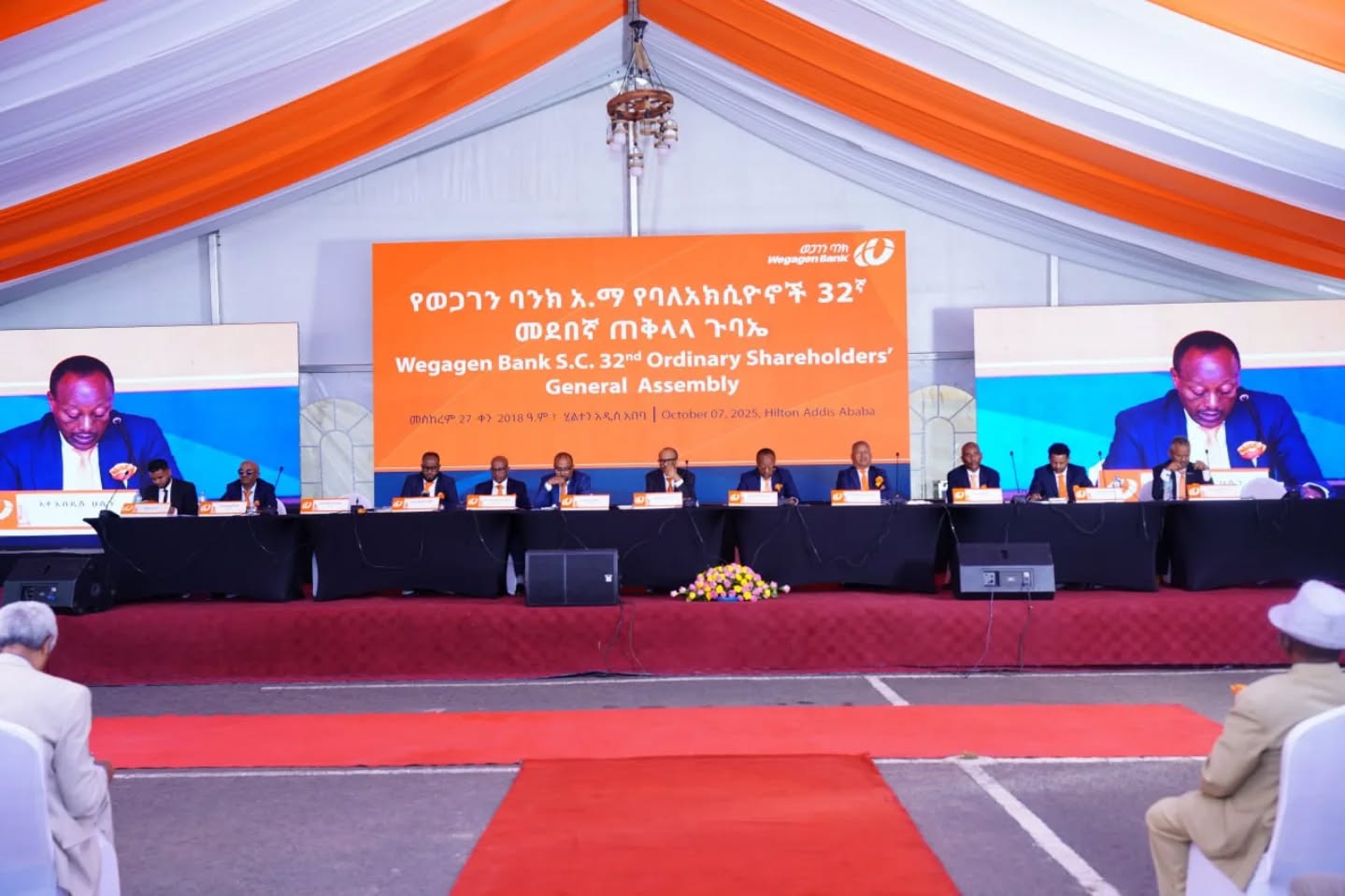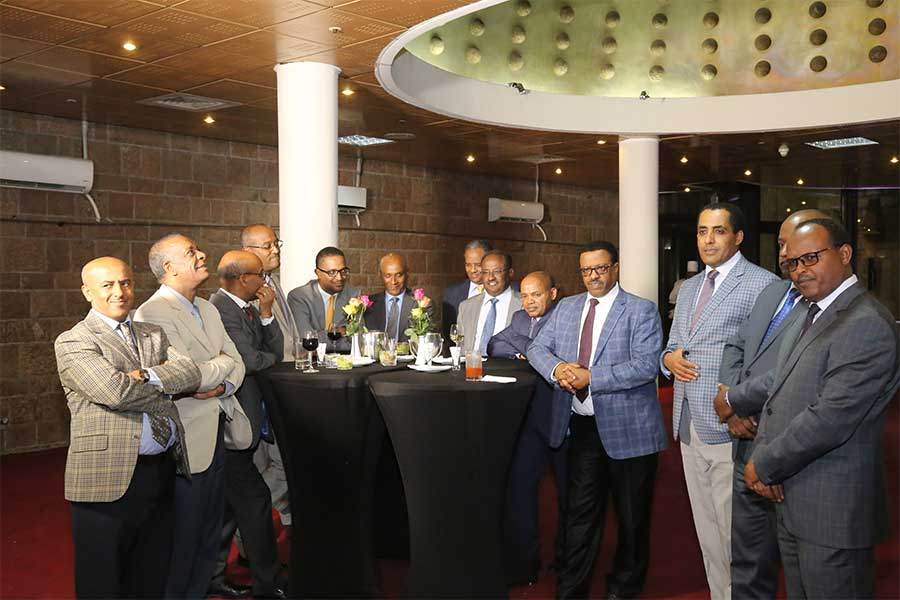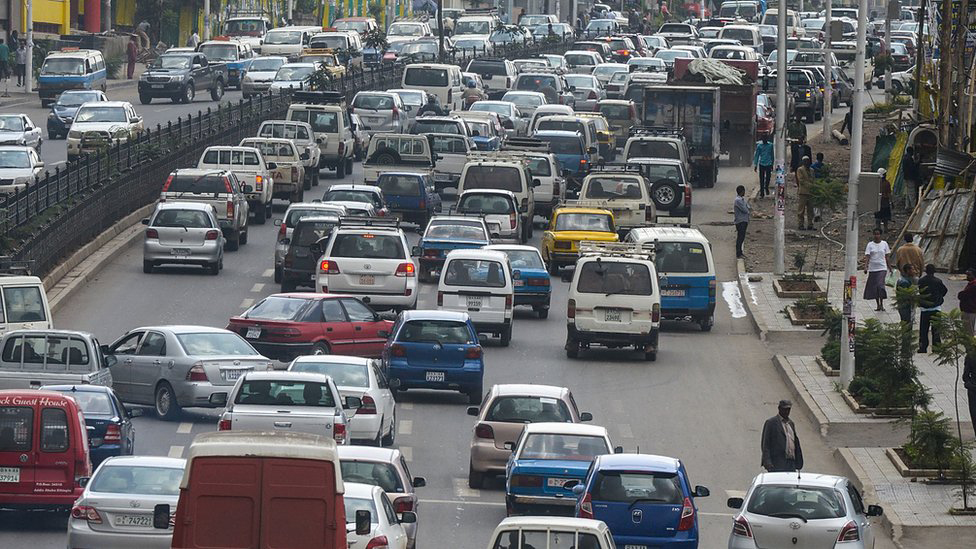
Apr 30 , 2022
By Tigist Solomon
Communication is a common practice across the world and in almost every society. It is also specific to values, cultures and traditions. Most traditional and modern societies have specific communication tools and practices. In those of today, communication tools such as fax, telegraph, telephone, television, radio and smartphones have facilitated the smooth flow of information and communication. While traditional societies focused on humans, with the help of other animals, to transmit information, modern societies, on the other hand, relied on modern technologies for the flow of information.
In the past, human beings, donkeys and birds were used to carry envelopes and letters to different destinations and were used as key messengers. The service was actually slow, entirely unreliable, and was the only means of communication available. The story of Pheidippides reminds us of delivering a message on foot despite his sudden death from a heart attack after a long run and after his message had reached its recipient. He had run from Marathon to Athens to announce the victory of the Battle of Marathon in the war between the Greeks and the Persians.
Nowadays, letters and postal mail are rarely used because they require more time than modern communication tools. Courier services such as Express, DHL and others are available almost anywhere globally and require less time for delivery, including between two distant locations. Nowadays, express couriers take one to three days to reach the correct destinations, unlike days and months with regular couriers in the past. Additionally, technologies such as fax and email are also widely used and are faster and more efficient in delivering the required messages and information to the right destination. Additional tools such as radios, televisions, SMS, What's App and YouTube are widely used to ensure a smooth and fast flow of information.
Where the flow of information is unlimited and beyond its limit of control by governments, politicians and decision-makers, the danger to institutions, values and norms has also expanded. Information has become a weapon for political, religious and ideological conflict between rivals. Subsequently, certain aspects of rights such as free speech and expression of ideas are called into question in most societies, including those that consider themselves democratic and developed.
Although the wide dissemination of information is generally perceived positively, it has its own side effects when it becomes difficult to filter, analyse and select relevant, reliable and effective information by authorities. In fact, unfiltered, unverified and biased information can cause conflicts and disagreements between societies and thus negatively impact those who seek positivism and prosperity.
Despite all the tools used to share information in today's world, communication practices differ according to each society. Nevertheless, all societies have a commonality, which includes verbal and non-verbal communication. Obviously, we use sound through words to express ideas, thoughts and feelings in verbal communication while gestures and body signs in non-verbal communication - all of these are specific to the culture of each society. Language is essential for communication, although it differs from culture to culture.
It is difficult to think about communication and mutual understanding between people without the use of language. In fact, mammals and all other animals also use language to communicate with each other. The same type of animals have a common language; understanding is possible between different types of them. Mammals and all other kinds of animals also use non-verbal communication to communicate with each other and understand the behaviour of their rivals and attackers. For example, cheetahs express aggression towards other mammals, such as zebras, gazelles and buffaloes, using body signs that are clearly understandable to them. These mammals feel fear and seek ways to escape aggression and thus protect themselves from their attackers.
As research on language and communication indicates, body language accounts for 70pc of our communication while verbal communication accounts for the rest. It is surprising that body language has high power and significance over verbal words in communication. Non-verbal communication language originates in older, traditional societies unique to the specific culture but changes in structure and meaning through time depending on the civilization.
Therefore, in almost all societies, verbal language is of less importance and non-verbal communication has strong meaning, including between societies that differ in culture and tradition through universal body language. Conflict between societies that share the same verbal and body languages - thus have the same values, traditions and history - requires analysis and debate as the world tends towards a common understanding through universal body languages with less importance for verbosity.
PUBLISHED ON
Apr 30,2022 [ VOL
23 , NO
1148]


Life Matters | Mar 01,2024

Agenda | Feb 06,2021

Life Matters | Dec 04,2020

Sunday with Eden | Mar 23,2019

Viewpoints | Sep 23,2023

Commentaries | Oct 30,2021

Fortune News | Dec 04,2021

View From Arada | Dec 19,2018

View From Arada | Apr 13, 2025

View From Arada | Jul 18,2021

Photo Gallery | 170701 Views | May 06,2019

Photo Gallery | 160935 Views | Apr 26,2019

Photo Gallery | 150585 Views | Oct 06,2021

My Opinion | 136250 Views | Aug 14,2021





Dec 22 , 2024 . By TIZITA SHEWAFERAW
Charged with transforming colossal state-owned enterprises into modern and competitiv...

Aug 18 , 2024 . By AKSAH ITALO
Although predictable Yonas Zerihun's job in the ride-hailing service is not immune to...

Jul 28 , 2024 . By TIZITA SHEWAFERAW
Unhabitual, perhaps too many, Samuel Gebreyohannes, 38, used to occasionally enjoy a couple of beers at breakfast. However, he recently swit...

Jul 13 , 2024 . By AKSAH ITALO
Investors who rely on tractors, trucks, and field vehicles for commuting, transporting commodities, and f...

Oct 4 , 2025
Eyob Tekalegn (PhD) had been in the Governor's chair for only weeks when, on Septembe...

Sep 27 , 2025
Four years into an experiment with “shock therapy” in education, the national moo...

Sep 20 , 2025
Getachew Reda's return to the national stage was always going to stir attention. Once...

Sep 13 , 2025
At its launch in Nairobi two years ago, the Africa Climate Summit was billed as the f...

Oct 5 , 2025 . By NAHOM AYELE
In Meqelle, a name long associated with industrial grit and regional pride is undergo...

Oct 5 , 2025 . By BEZAWIT HULUAGER
The federal government is set to roll out a new "motor vehicle circulation tax" in th...

Oct 5 , 2025 . By NAHOM AYELE
The Bank of Abyssinia is wrestling with the loss of a prime plot of land once leased...

Oct 5 , 2025 . By BEZAWIT HULUAGER
The Customs Commission has introduced new tariffs on a wide range of imported goods i...